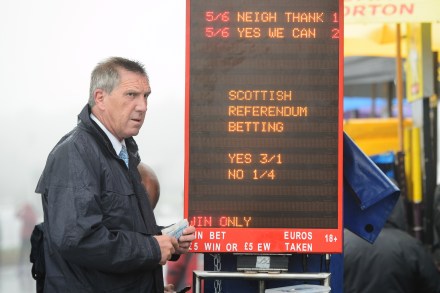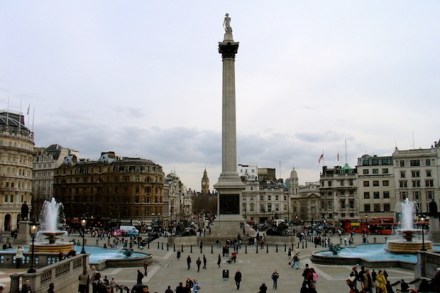Yes or No, the little white rose of Scotland will bloom again
And so our watch is all but over. Who knows what comes tomorrow but at least and at last the final reckoning is upon us. It is choosing time and there’s no escape. Few people would wish the campaign any longer. Many voters tired of it some time ago. Their minds were made-up and would not change and they just wanted to move on to the next story. Whatever it may be. But I can’t agree with the people who fret that this has been a nasty and divisive and awful experience. It hasn’t. I mean, of course it’s been divisive and of course passions have been running high but




















